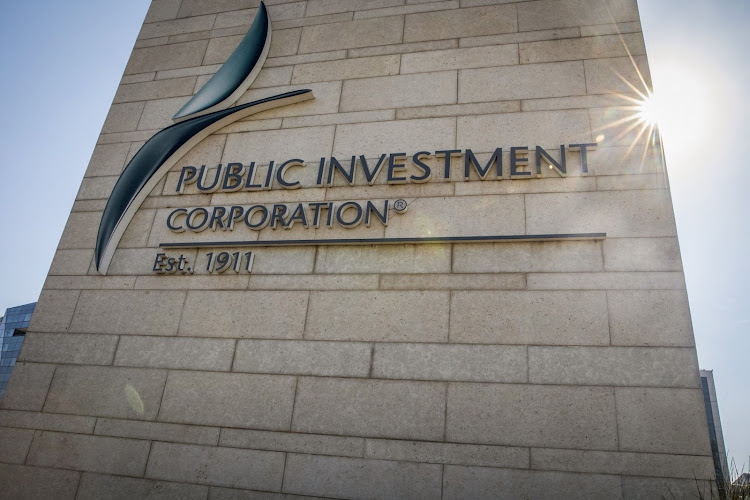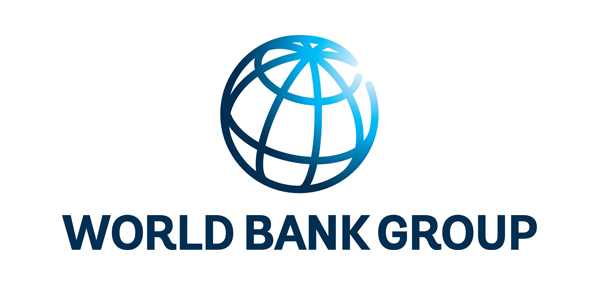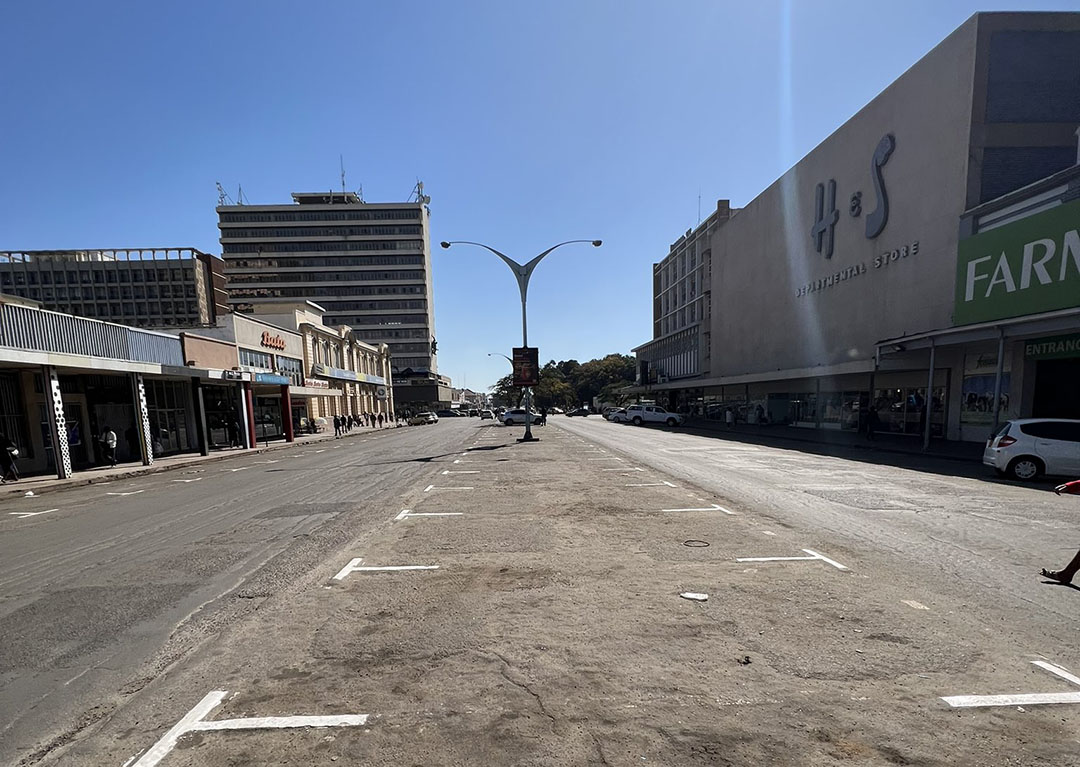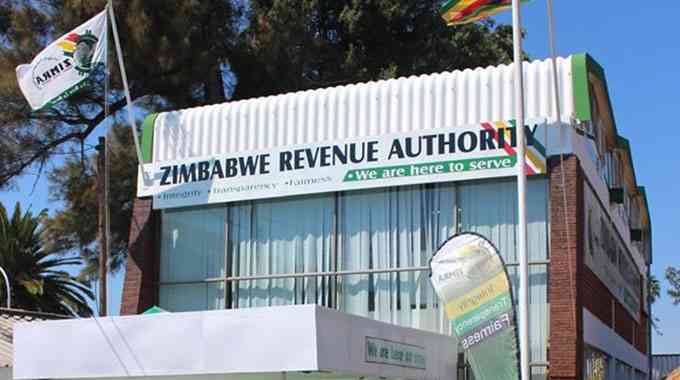Latest News
Top Story
 PIC Director resigns after appointment error
PIC Director resigns after appointment error In a stunning governance blunder, the South African Ministry of Finance has been left red-faced after mistakenly appoin...
Top Story
 Botswana enforces new 24% local ownership rule
Botswana enforces new 24% local ownership rule Botswana has enforced a new rule requiring mining companies to sell a 24 percent stake in new concessions to local inve...
Top Story
 'Some very strange things are happening in China!'
'Some very strange things are happening in China!' President Donald Trump has threatened to pull out of an expected meeting with President Xi Jinping of China after Beijin...
Top Story
 Zimbabwe's dollar stock exchange surges 45%
Zimbabwe's dollar stock exchange surges 45% Zimbabwe's dollar-only stock market is riding a wave of gains, powered by gold miners cashing in on a 48% jump in the p...
Top Story
 Gold edges up as traders await guidance
Gold edges up as traders await guidance Gold edged higher as traders weighed the outlook for US monetary policy ahead of a key speech by Federal Reserve Chair J...
Top Story
 Gold shatters $4,000 milestone
Gold shatters $4,000 milestone Gold surged past the $4,000 an ounce level for the first time on Wednesday, building on a record-breaking rally as broad...
Top Story
 Young Investment Professional (YIP) Graduate Programme 2019
Young Investment Professional (YIP) Graduate Programme 2019 Company Name Investec Asset Management Company Location Cape Town, Western Cape, South Africa Click HEREJob descriptionO...











 Young Investment Professional (YIP) Graduate Programme 2019
Young Investment Professional (YIP) Graduate Programme 2019
Editor's Pick